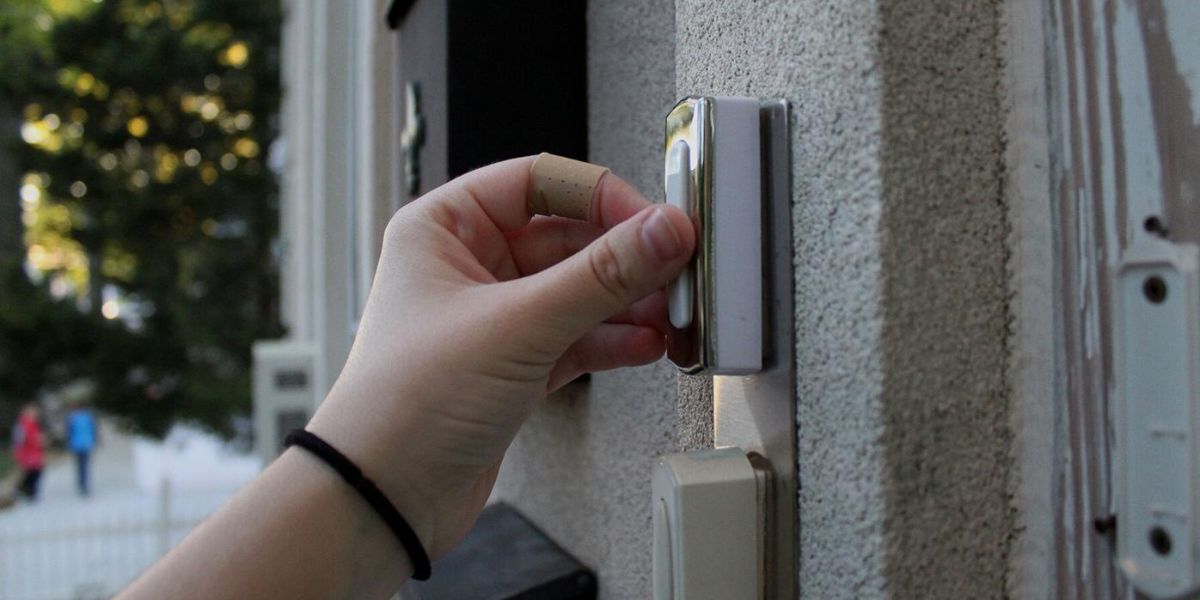Keeping pets safe and treated humanely is a priority under Nebraska law, and while the state does not have a complete ban on chaining (tethering) pets outside, there are important legal rules and local ordinances every pet owner should know. In 2025, understanding these laws could mean the difference between responsible pet care and facing criminal charges.
Statewide Law: Animal Cruelty and Neglect
Nebraska law does not outright ban tethering pets outdoors. However, it does criminalize neglect and cruelty toward animals. That means if chaining your pet causes them harm, distress, or denies them basic care, you can be charged with animal cruelty—even if no specific tethering law was broken.
To stay on the right side of the law, pet owners must ensure animals have:
- Sufficient food and clean water
- Proper shelter from rain, snow, sun, and extreme temperatures
- Protection from injury, including harm caused by chains or tethers
If a pet suffers due to prolonged exposure, extreme weather, or physical injury caused by a tether, the owner could face criminal penalties—including misdemeanors or even felonies for repeat or severe violations.
When Chaining Becomes Illegal
Certain conditions turn outdoor tethering into a punishable offense in Nebraska:
- Extreme Weather: Leaving pets outdoors in severe heat or freezing cold without proper shelter can qualify as neglect.
- Lack of Shelter: Pets must have access to insulated, weatherproof shelters.
- Unsafe Tethering: Chains that are too short, too heavy, or that restrict access to food, water, or movement may be deemed cruel.
- Inhumane Duration: Continuously chaining a pet for extended periods without supervision or breaks can lead to charges of cruelty.
City and County Ordinances: Stricter Local Rules
Many Nebraska cities have implemented their own, stricter regulations that go beyond state law. Violating these local ordinances can result in immediate fines or legal action.
- Omaha, Bellevue, and Others: Tethering is only allowed for 15 minutes unless a responsible adult is present. Tethers must be lightweight, allow full movement, and not restrict access to shelter or food. Fines range from $100 to $500.
- Beatrice: Pets may not be tethered more than 8 hours in any 24-hour period. The tether must allow free movement and must not cause injury.
- Lincoln and Similar Cities: Require constant access to shelter and sometimes enforce additional standards like tether length and collar type.
Always check your local animal control ordinances before tethering your pet outdoors, as city-specific rules can carry their own penalties—even if state law seems more lenient.
Penalties for Violations
Depending on the violation and whether it’s a first offense or repeated, consequences may include:
- Verbal or written warnings
- Fines between $100 and $500 or more
- Misdemeanor criminal charges
- Felony charges in cases of severe neglect, injury, or repeat offenses
- Potential seizure or permanent removal of the animal
Safer Alternatives to Chaining
Instead of chaining pets, Nebraska officials and animal welfare organizations encourage:
- Fenced yards that provide space to run safely
- Outdoor dog runs with secure enclosures
- Regular supervision during outdoor time
- Keeping pets indoors during extreme weather
The Bottom Line
In Nebraska, chaining your pet outdoors is not automatically illegal—but it becomes unlawful if the pet is put in danger, denied proper care, or tethered in violation of local ordinances. With many cities across the state adopting strict limits or bans, it’s essential for pet owners to understand both state and local rules.







